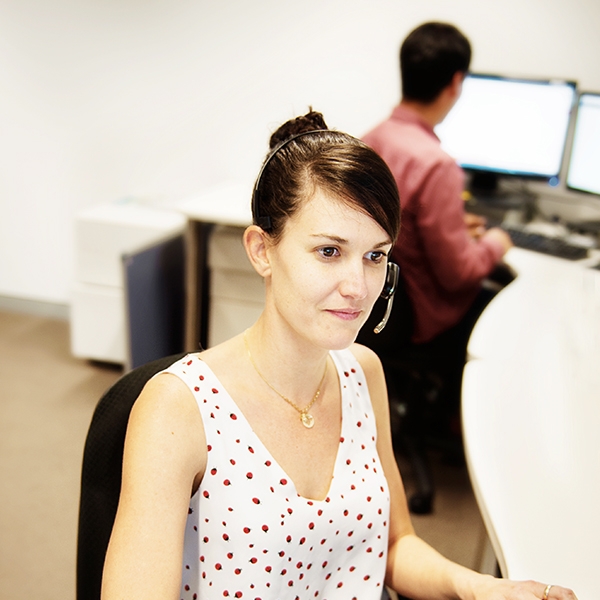
Information & Referral
Our Information & Referral team provides specialist information and advice to help manage the impacts of brain injury and better navigate the systems of available care and support.
Read moreIf you’ve got questions or need advice, support or further information, get in touch with us today. We’d love to help